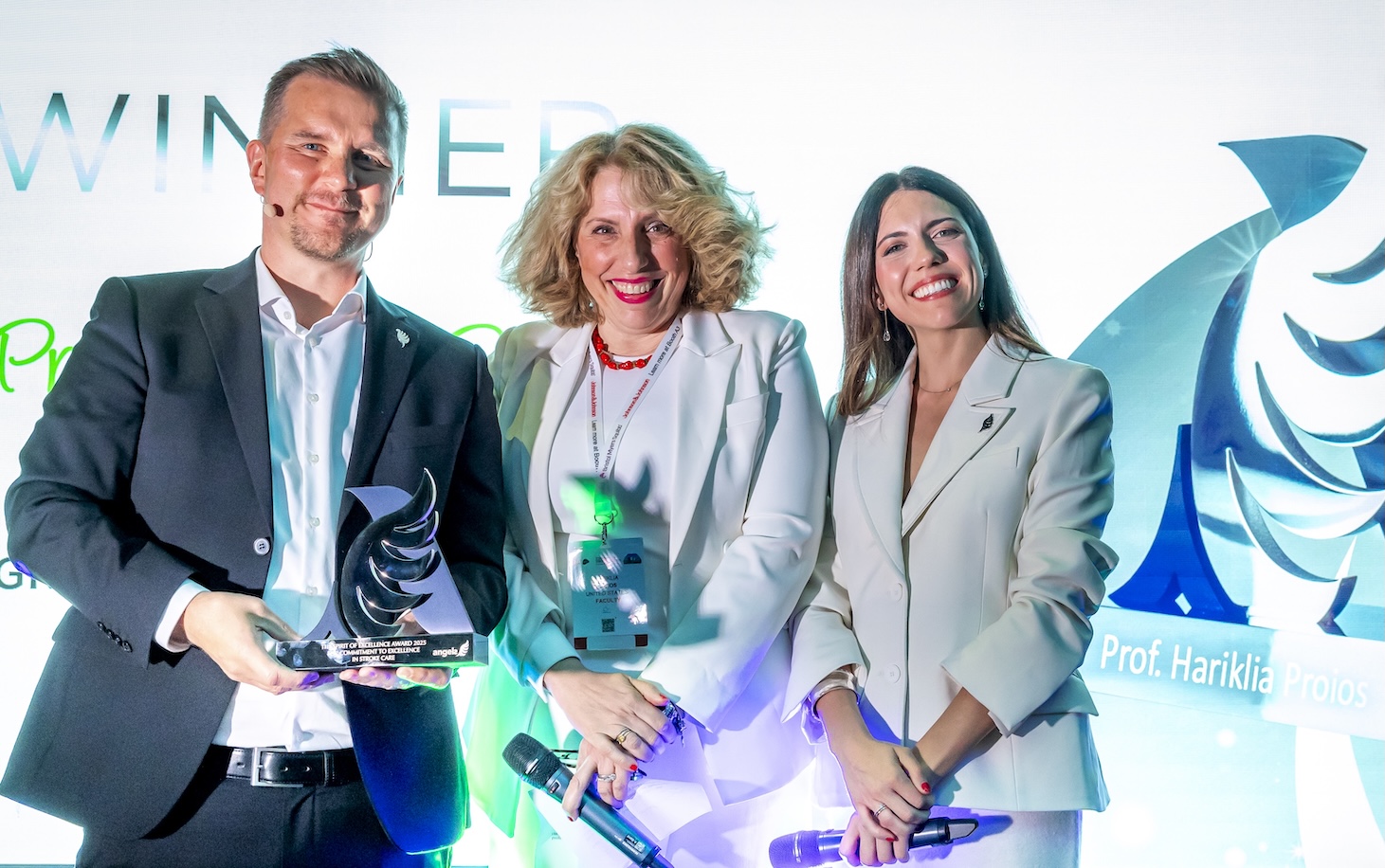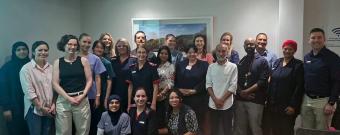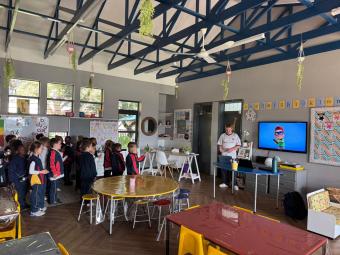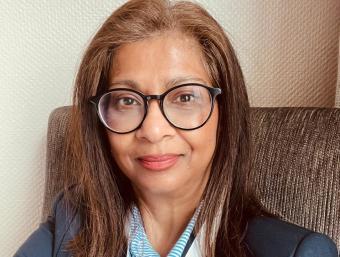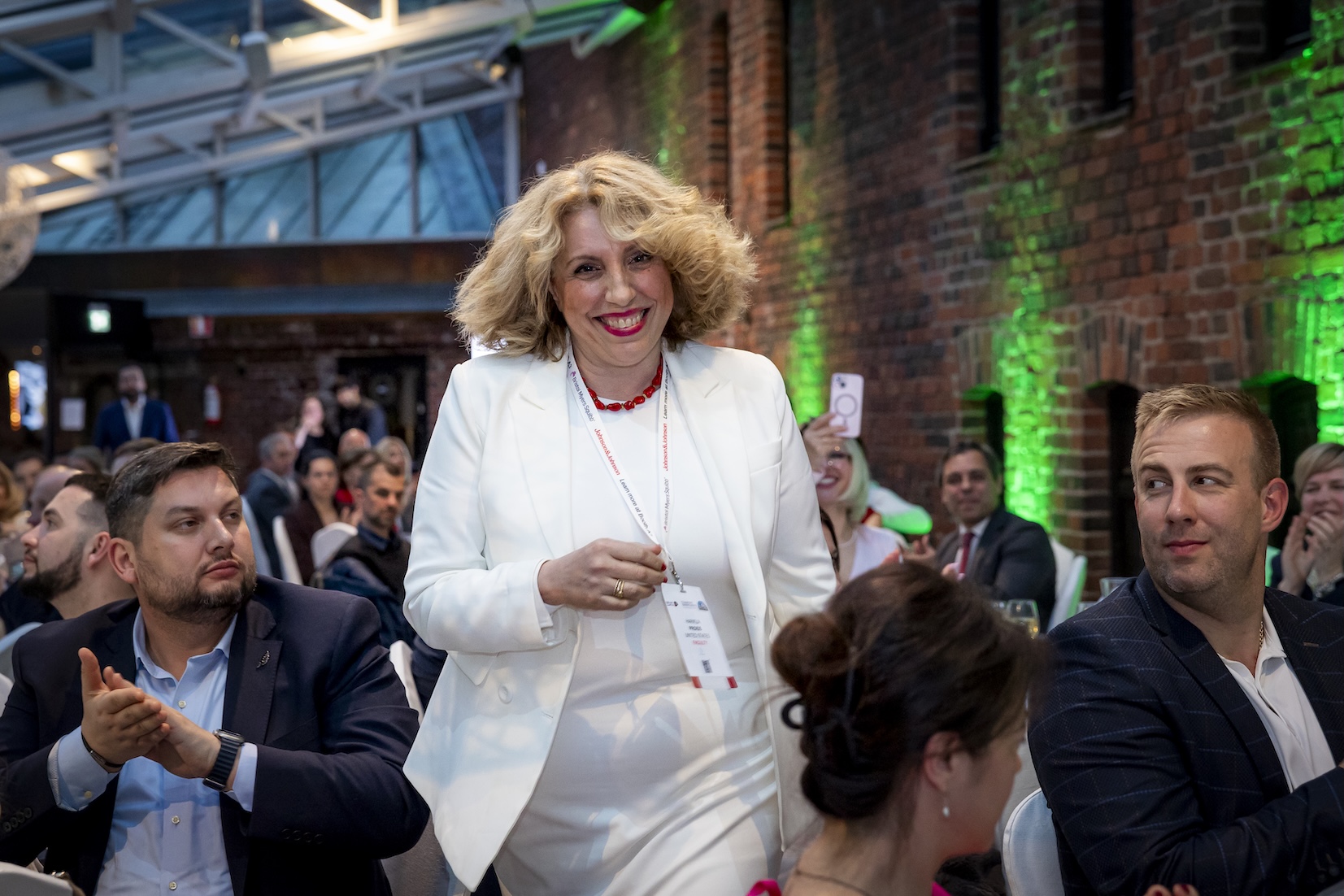
Had your life turned upside down by stroke? Then welcome to the margins of society where disability stigma would consign you to a lifetime of social isolation. Gone may be any semblance of life as you knew it, and so perhaps your memory, attention span and ability to control your emotions. Over here you may struggle to sustain friendships and relationships, find work and make ends meet. Be prepared that from now on fewer people will pay attention to what you say, and if you struggle to get the words out, some will stop listening altogether.
You are not alone. In the next 12 months over one million more people in Europe will suffer a stroke. About 40 percent won’t survive beyond 3 months. Of those who do, a significant proportion will experience long-term disability and, in the absence of support for life after stroke, join you on the sidelines.
You may be surprised to learn that there are people who find your courage inspiring. Who have watched you show up day after day, make the same commitment every single day, have the hard conversations, and keep going despite system flaws and setbacks. Who are inspired by stroke survivors and “carers who stay patient and loving even when they’re financially burdened, they’ve lost friendships and they’re completely exhausted”. Who have watched you emerge from catastrophe with a goal to contribute to the world.
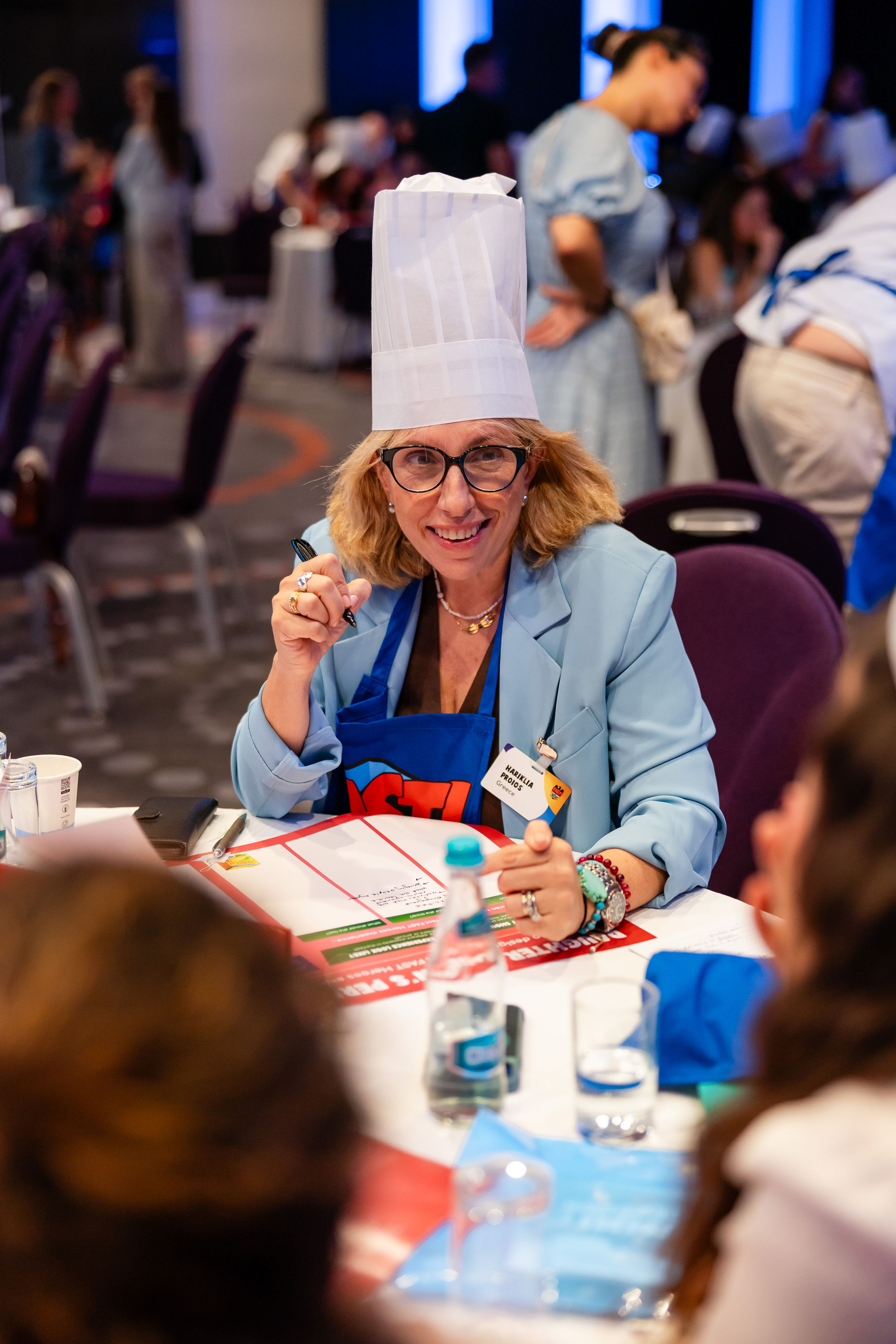
Sidelines to the stage
Chief among your admirers is Prof. Hariklia “Harriet” Proios, president of the Stroke Alliance For Europe (SAFE), who is determined to ensure that every stroke survivor gets the care, support and respect they deserve, no matter where they live and what resources they have.
“The disparities in stroke care across different European countries are heartbreaking – some places provide incredible support, while in others, people are left to navigate recovery on their own. That’s something I’m determined to work to change,” she said after commencing a second three-year term as SAFE president last June.
“SAFE is not a survivor group,” she says. Rather, it is the leading voice of stroke survivors and support groups in Europe and an umbrella organization of stroke support organizations (SSOs) in Europe. By uniting SSOs from more than 30 countries under the same banner, SAFE unlocks the power to bring a patient perspective to high-profile interventions, influence policy and turn knowledge into action.
Twenty years old in 2024, SAFE is co-architect of the Stroke Action Plan for Europe (SAP-E), which it developed with the European Stroke Organisation (ESO) and stroke experts from across Europe, after its Burden of Stroke in Europe report (published in 2018) revealed shocking disparities between and within countries on the continent. It published The Economic Impact of Stroke in Europe in 2020, and A Life Saved is a Life Worth Living in 2023, which shone a light on the unmet needs of stroke survivors in Europe.
SAFE is also founder and custodian of the European Life After Stroke Forum (ELASF), an annual knowledge-sharing and networking event where aspects of life after stroke are addressed by healthcare professionals, researchers, policymakers and survivors in a program co-designed by people affected by stroke. Like SAFE itself, this annual forum seeks to move survivors from the sidelines to the stage. At this year’s meeting in Prague, the first stroke survivor-led plenary session included presentations by four stroke survivors who are also members of the ELASF scientific program committee, and the two top-scoring abstracts from the inaugural lived experience abstract category. Over 70 abstracts had been submitted in this new category by stroke survivors who were either involved in research, creating support and resource networks in their communities, or just wanted to share their stories.
Survivors who redirect lives that have been disrupted by stroke are among the people Harriet admires most. She says: “Every stroke survivor who turns their struggle into strength for others are my heroes.”
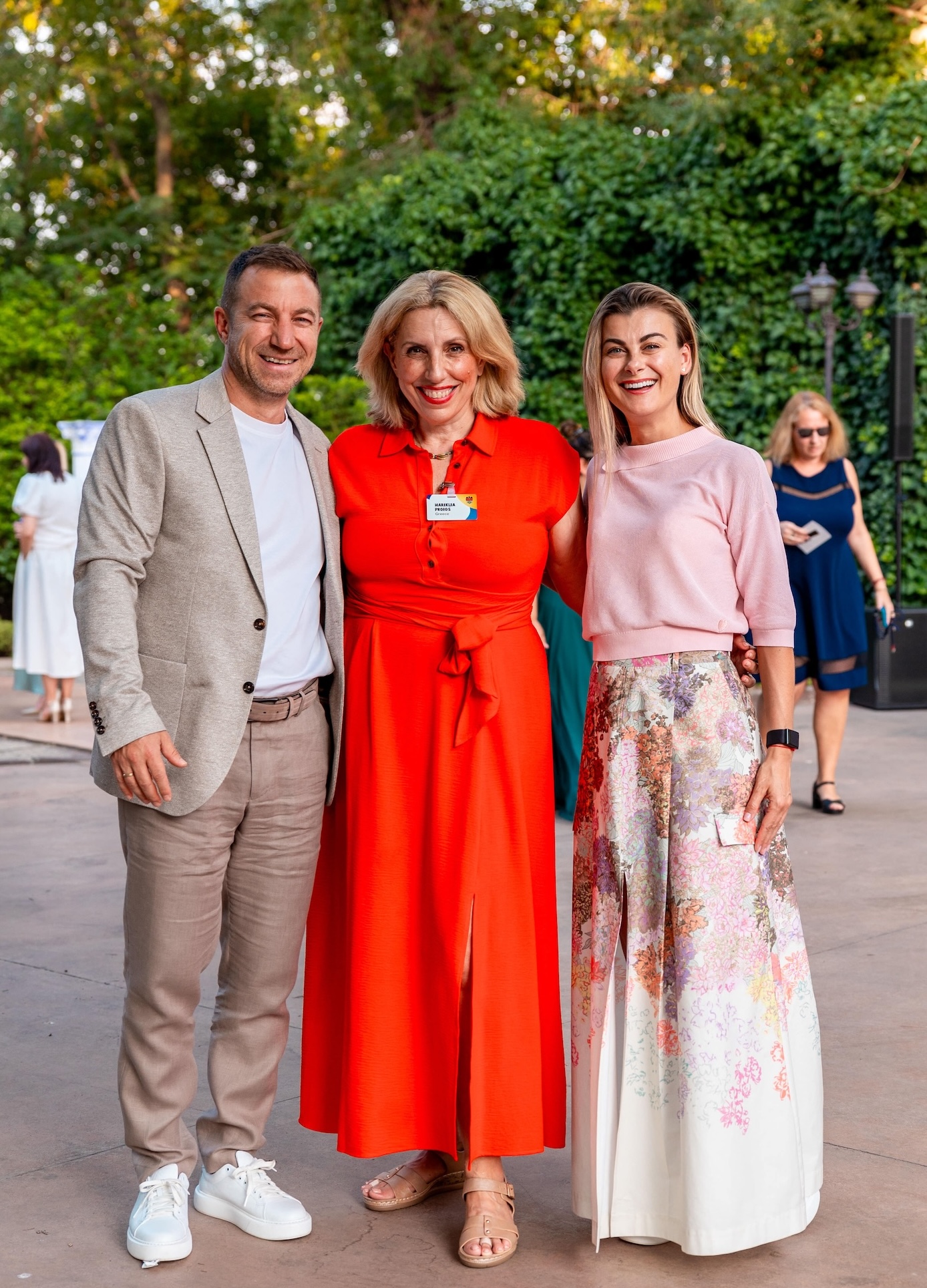
Heroes to superheroes
Harriet was born in New York, to Greek immigrants Despina and Sotirios Proios, whom she credits (in the preamble to her doctoral thesis) with never allowing “their hardships to interfere with the emotional stability, financial security, love and encouragement” they provided to her and her sister, Klavdia.
She studied psychology and speech pathology at Hofstra University, and for her PhD in speech and language pathology at Columbia University examined how people with aphasia organized concepts into categories. Her work in research, clinical care and teaching took her to the Princeton Medical Center and as a faculty member at the graduate program of Montclair State University in New Jersey, and as a research associate to Harvard University, and the Spaulding Rehabilitation Hospital in Boston.
In 2000, the avowed globalist relocated to Switzerland where she was speech pathologist and research associate at the University Hospital of Zurich. In 2003 she moved to Greece where, in 2014, after a decade of clinical work in rehabilitation, she became assistant professor of Neurocognitive Disorders and Rehabilitation in the Department of Educational and Social Policy at the University of Macedonia in Thessaloniki. She was granted tenure in 2018, and promoted to full professor in 2024.
Ever the globalist and with a focus on driving global change, she commutes between Thessaloniki and New York where last year she assumed the role of chair of the Department of Communications Sciences and Disorders at the Ruth S. Ammon College of Education and Health Sciences at Adelphi University.
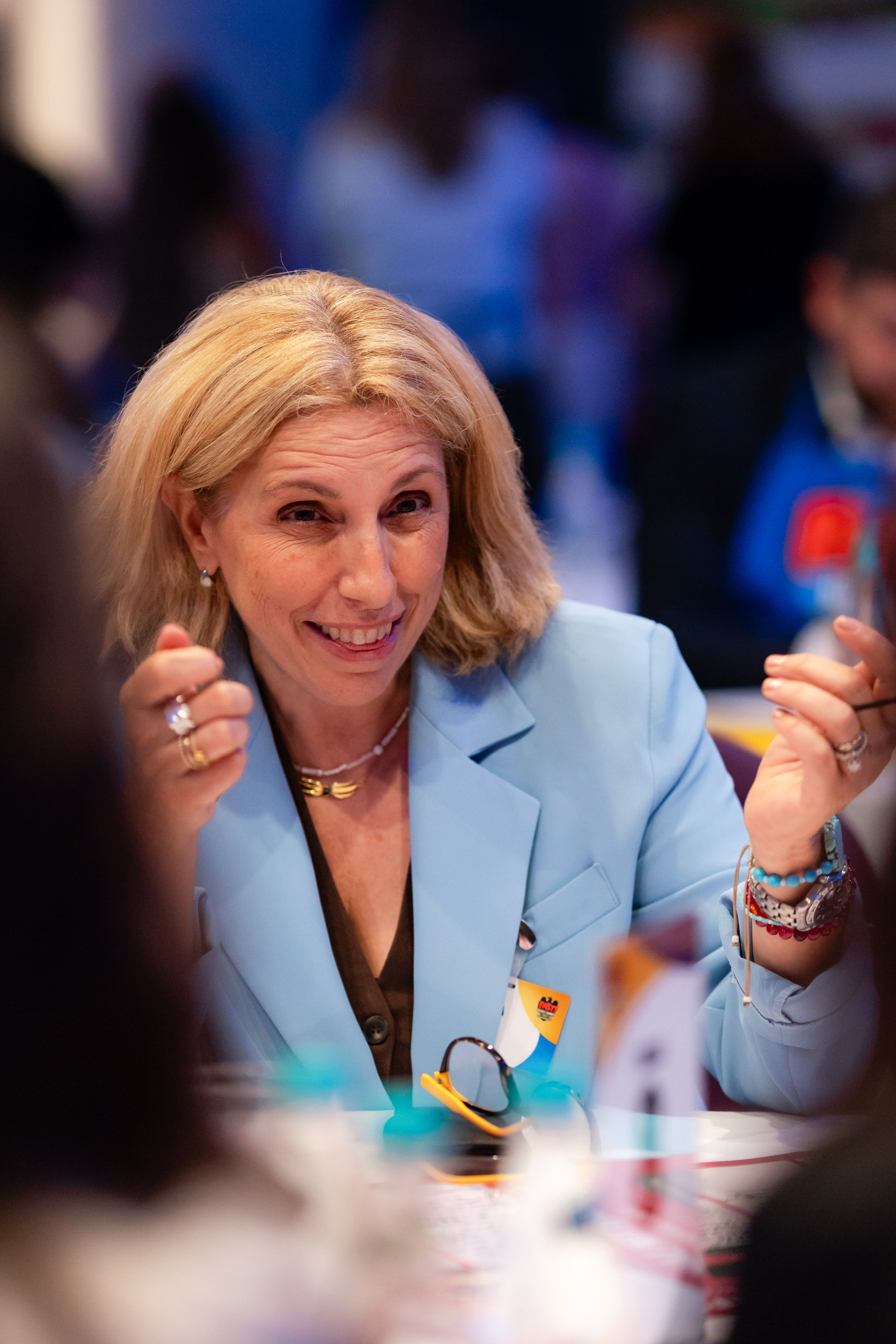
At a SAFE meeting shortly after joining the board in 2017, Harriet heard Angels cofounder Jan van der Merwe talk about a project that was then barely out of the starting blocks – a stroke awareness campaign that would target kindergarten and elementary school children. Jan had arrived at the concept via a series of insights, the first of which was that the primary target audience for stroke awareness education (so-called Baby Boomers born between 1946 and 1964) would rather not talk about stroke. His second insight came from studies that showed that the first thing most people did when they had a stroke was to ask their children for advice, and that in most cases the advice was wrong.
The third insight provided the spark for what would become the FAST Heroes campaign. Statistics included in the Eurostat Ageing Europe report showed that more than half of people aged 50-64 spent at least several days a week caring for their grandchildren. This raised the question, could children be positioned as health promoters in their families and teach their parents and grandparents about stroke?
The next consideration was what to teach them and what learning theories to employ.
Jan’s meeting with Harriet signalled the start of a collaboration that would see FAST Heroes implemented in 91 countries, win numerous awards, and by the start of 2025, reach its first major milestone as the number of children educated about stroke passed the one million mark.
In Thessaloniki, a multi-disciplinary team including educators, school psychologists, nurses and musicians went to work to develop a five-week school-based stroke education program that was classroom-ready, culturally adapted to children’s interests, and optimised to make learning last. The young children of some of Harriet’s graduate students were test subjects for the program before it moved to the classroom for further refinement.
It was Harriet’s goal all along to give a scientific foundation to efforts to teach children, and the project was so designed that it was amenable to scientific foundation. She says, “The best thing about FAST Heroes was that from the beginning we made sure there was scientific evidence for the whole journey.”
Follow-up research has demonstrated its effectiveness as a tool for transferring knowledge from children to their families. The results of a stroke preparedness questionnaire before and after implementation showed that knowledge of stroke symptoms had increased from 38 percent to 87 percent, and knowledge of the emergency number from 40 percent to 100 percent.
An unforeseen effect of the campaign has been that dozens of children around the world who have completed the program have embraced the duties of a superhero by using their knowledge to come to the rescue of grandparents and others.
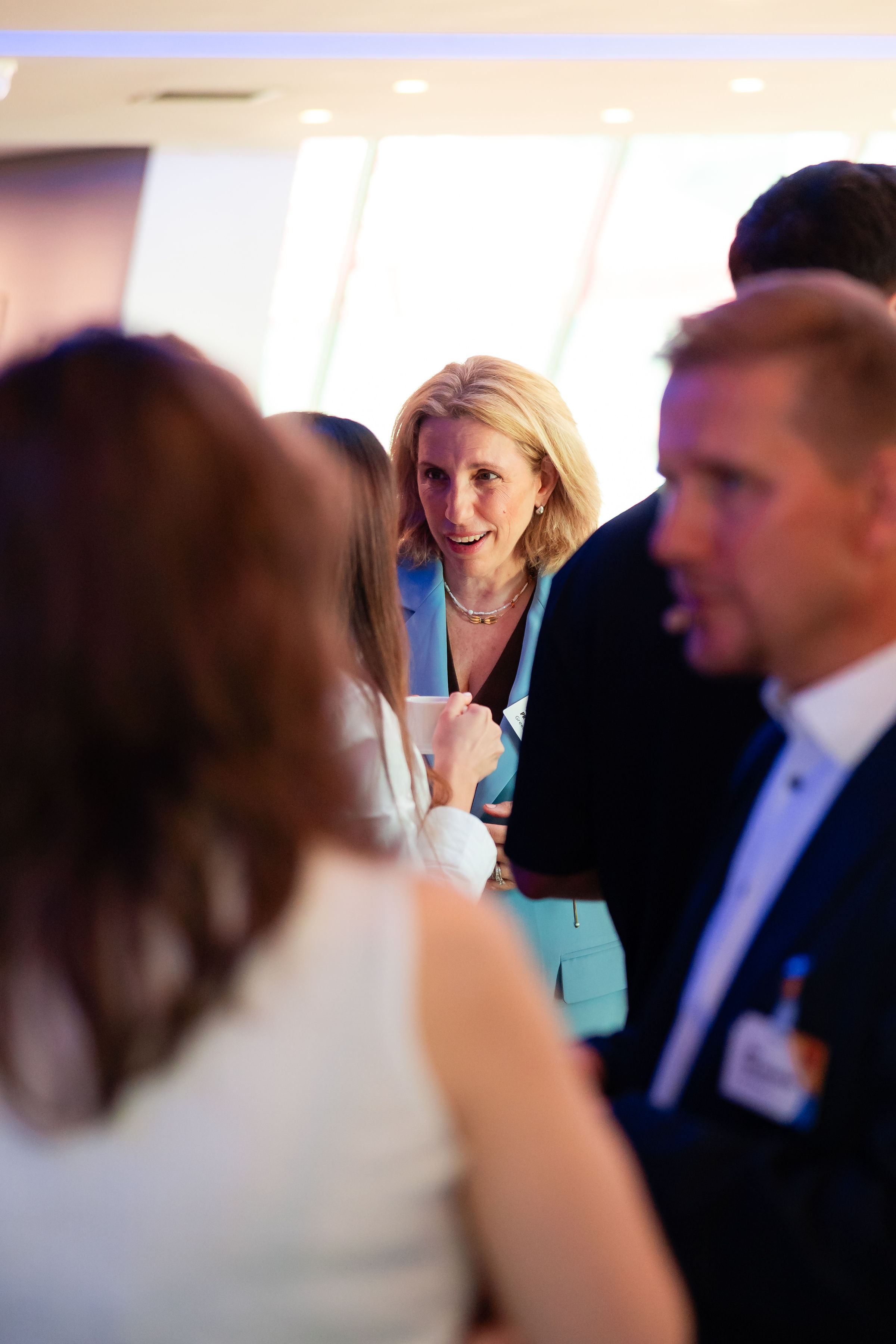
Treasure the moment
She is proud of her students and glad the FAST Heroes project is in her life, Harriet says. Working in stroke care combines everything she believes in – “helping people, building communities, education, science, advocacy and creating change”. Nothing inspires her quite as much as transformation. Connecting people and ideas gives her pleasure. So does reflection. She is an adherent of the Japanese concept, ichigo ichie, the idea of treasuring the unrepeatable nature of a moment.
Her capacity for showing up in the moment is in the spotlight when she receives an ESO Spirit of Excellence Award at ESOC 2025. In the nominees’ video, on the stage in Helsinki, and in subsequent interviews, she is forthright and generous, expressing herself with clarity and intensity.
Becoming president of SAFE for the second term has been a personal turning point, she says. “It has really reshaped me. I have realized that I can combine my global work, my academic work as well as stroke recovery with meaningful leadership.”
She has learnt to lead with the belief that passion doesn’t need drama, she says with a nod to the Greek appetite for the theatrical. “It has made me become calm and clear and intentional in the way I serve.”
SAFE’s vision is of a Europe where preventable stroke is eliminated, where the conditions exist for equitable care, and every life saved is a life worth living. At its heart the organization has the unity and diversity of the voices of people with lived experience, who are prepared to stay in the fight for themselves and others. And at its head, a servant leader with passion and drive and the belief that there's an opportunity in every moment.
